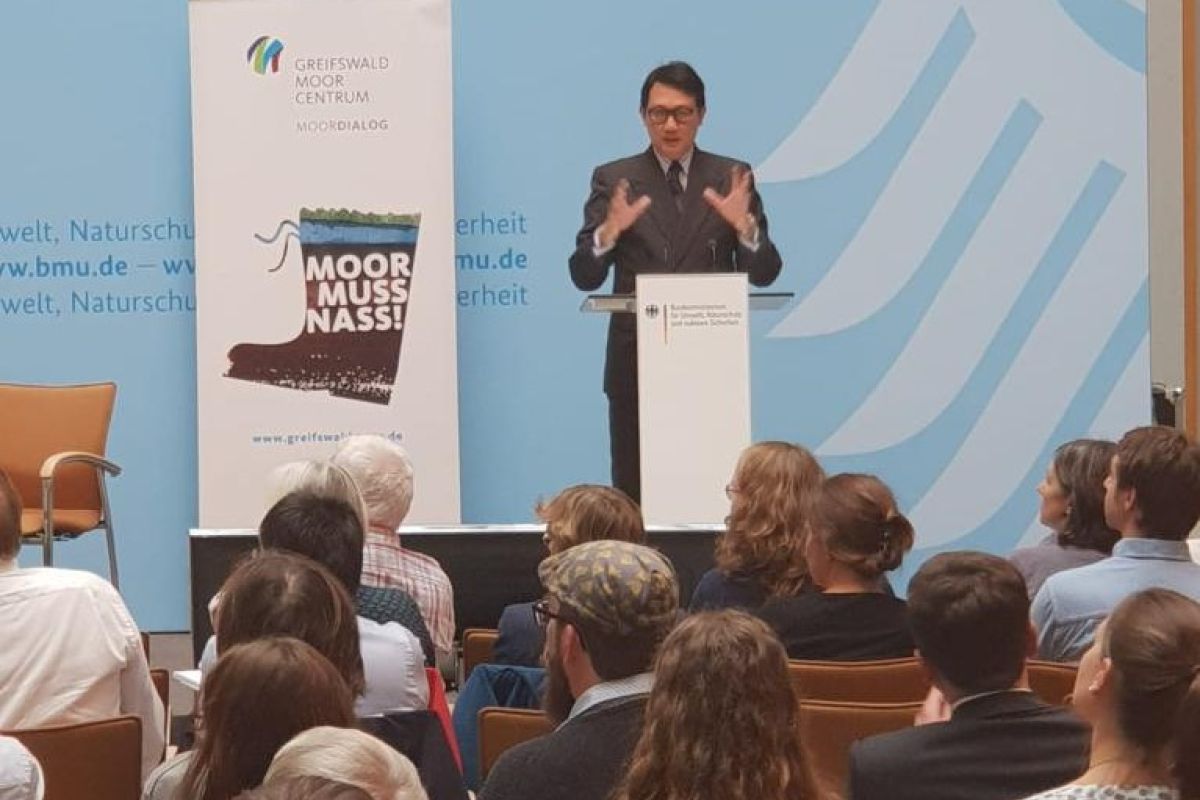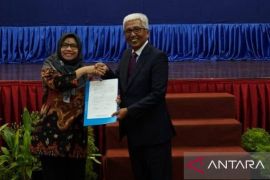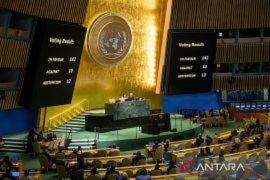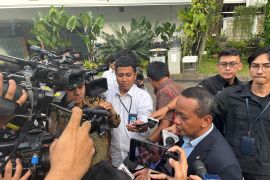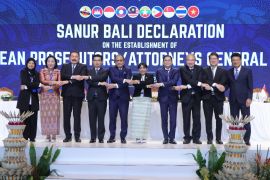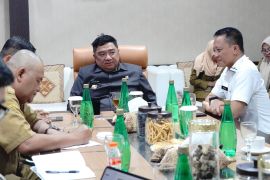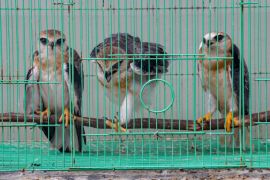"What Indonesia has done in restoring peatland is more than what Europe has done throughout the history," said Joosten as cited in the statement from the Indonesian Embassy in Berlin, Germany, here on Sunday.
The statement was made by Professor Joosten in response to Indonesia`s experience in restoring peatlands, as told by Indonesia`s Ambassador to Germany Arif Havas Oegroseno, who was invited as one of the panelists in the European Peat Dialogue, held in Grieswald Moor Centrum and Germany`s Ministry of Environment on Friday (Oct 26).
Aside from that, in front of the dialogue event participants, which include members of various European farmers association, Joosten stated that peatlands and wetlands can be used as farming grounds.
"Agriculture in peat and wetlands can be done with paludiculture, a farming method that protect the environment and people`s lives, at the same time providing social benefits," he said.
According to Ambassador Havas, the opinions and practices of the global peat expert from Germany is very important to be known in Indonesia, as there are still misunderstandings in various elements of the nation, including the media, academics and Non-Governmental Organizations (NGOs), saying that peatlands cannot be used as agricultural areas.
Ambassador Havas also said that Indonesia`s experience in restoring peatlands through an intensive, systematic and structured program by the Peat Restoration Agency has resulted in the wetting of over 200,000 hectares worth of peat in just one year.
This reversed the accusations often made by national and foreign NGOs, as well as foreign politicians, especially from the Green group in the European Parliament, that often portray Indonesia as a country that destroys peat, which means it must be boycotted.
In the European Peat Dialogue, however, it is known that the condition of peat in Europe is worse than Indonesia, where 59 million hectares of peatland in the European Union region are drained and then used as agricultural land and livestock farms.
Looking at the facts that were partially visible in the European Peat Dialogue, Ambassador Havas underlined the need for all environmental stakeholders in Indonesia to realize the double standards of European politicians and NGOs who turn a blind eye to the damage to peat in Europe, but attacks Indonesia`s environmental conditions.
For that reason, the Indonesian government need to involve all environmental stakeholders in managing peatlands, as it is also important to learn from European experts that remains objective, such as the Greisfwald Moor Centrum, which stated that peat can be turned into agricultural lands through paludiculture.
Reporting by Azizah Fitriyanti
Editing by Aria Cindyara, Andi Abdussalam
Reporter: antara
Editor: Heru Purwanto
Copyright © ANTARA 2018
